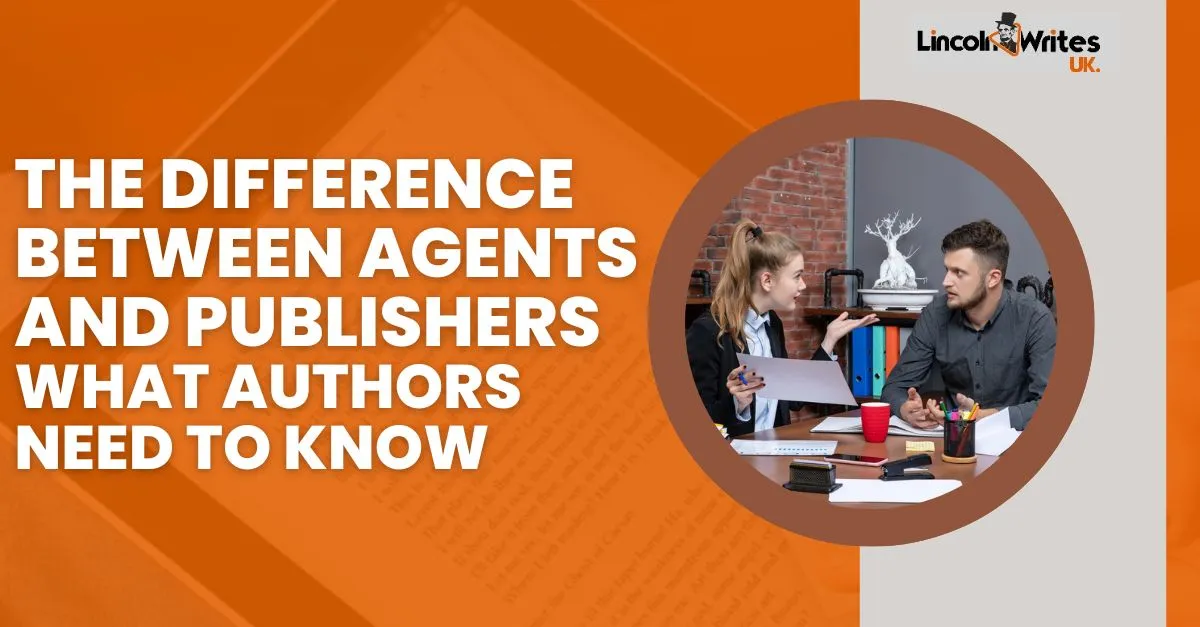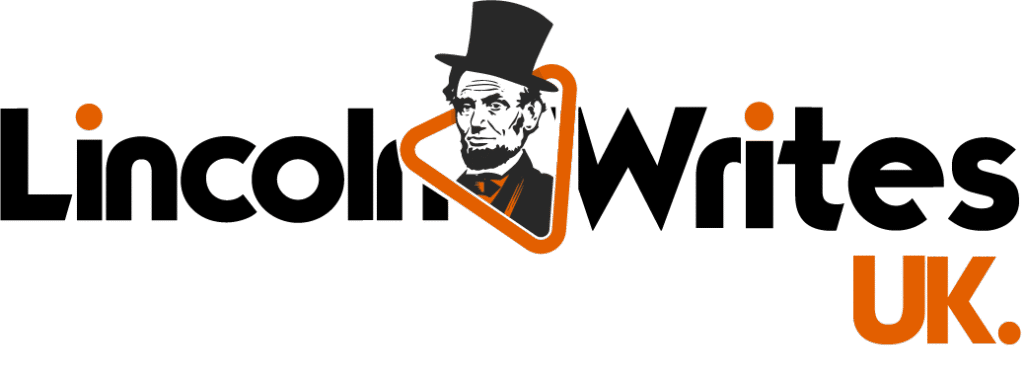Writing a book is a huge accomplishment, but finishing the manuscript is only half the story. The real question for many UK authors is what comes next: Do you need an agent? Or should you go directly to a publisher?
In the world of traditional and indie publishing, the agents vs publishers UK conversation can feel a bit murky, especially for first-time authors. Some writers submit manuscripts to agents in the hope of landing a big-name publishing house. Others pitch directly to smaller publishers or self-publish entirely. So which route is right for you?
Let’s clear the fog. This blog breaks down the distinct roles agents and publishers play, what you can expect from each, and how services like ghostwriting or editing can prepare your manuscript for either path.
What Does a Literary Agent Actually Do?
In short, a literary agent is your bridge to the big leagues. Agents work on your behalf to pitch your book to publishers, usually the large, traditional ones that don’t accept direct submissions.
They negotiate contracts, handle foreign and film rights, guide your career, and act as a buffer between you and the business side of publishing. The best agents are champions of your work, but also brutally honest when necessary.
They typically work on commission, taking around 15% of what you earn. That means they only get paid if you do, so they’re highly motivated to land you a solid deal.
For authors diving into complex genres, especially high-profile memoirs or titles requiring significant development, agents may even suggest collaborating with a ghostwriter to polish the manuscript. Services that help protect author voice ghostwriter style are especially valuable when your personal tone is critical to the story.
What About Publishers?
A publisher is the company that takes your manuscript and turns it into a marketable product. They handle printing, design, marketing, distribution, and sometimes editing, though don’t assume they’ll do all of it.
There are two main categories of publishers in the UK:
- Traditional publishers like Penguin Random House or Bloomsbury usually require agented submissions.
- Independent/small presses, many of which accept direct submissions from authors.
Publishers may offer advances (though not always) and royalties based on book sales. But they take ownership over the production process, and often some creative control.
If you’re planning to convert print books to eBook versions or create enhanced digital editions like interactive children’s eBooks, knowing your publisher’s capabilities on digital formats is key.
Which One Do You Need First?
If you’re targeting big, traditional publishers, you’ll almost always need an agent. Think of the agent as the gatekeeper who can get your manuscript onto the desks that matter.
On the flip side, if you’re happy to explore independent presses or niche markets, you might not need an agent at all.
Some authors even work with an agent on one book and go directly to a publisher for another. It’s less about choosing a “forever” route and more about aligning with your current goals.
And if you’re still figuring out your path, working with a professional ghostwriting services team can help you refine your manuscript to industry standards before it ever reaches a submission inbox.
When a Ghostwriter Becomes Your Best Ally
Let’s be honest: most agents and publishers don’t want rough drafts. They want polished, pitch-ready manuscripts. That’s where ghostwriters can be game changers.
Especially for nonfiction, memoirs, or thought leadership content, ghostwriters don’t just write. They shape narratives that sell.
If you’re a business professional aiming to publish a credibility-building book, hiring someone with ghostwriting for executives’ expertise can ensure your ideas are sharp, coherent, and aligned with what the industry expects.
The same goes for memoirists struggling with memoir theme selection, or authors whose first language isn’t English. In all cases, quality matters, and agents can spot amateur work in seconds.
How Marketing Fits In, And Who’s Responsible
Here’s a hard truth: even traditional publishers expect you to do much of your own marketing.
You may get help with book trailer marketing, cover design, and listing optimisation, but you’ll still need to build your audience, nurture your email list, and promote your work post-launch.
Whether you’re going the indie or traditional route, investing early in tools like SEO copywriting techniques, a long-form content strategy, and thought leadership articles can build visibility and credibility around your author brand.
Publishing is only half the equation. Promotion is where most of the real work begins.
Editorial Support Before Submission
Regardless of whether you’re querying agents or pitching publishers directly, your manuscript needs to be airtight. This means working with professionals who understand the full editorial process.
In traditional publishing, editors work for the publisher, not for you. So it’s your job to deliver a clean manuscript that’s already been polished.
This is where services like structural editing, ghostwriting, and even submission package preparation (query letters, synopses, proposals) come in.
Understanding the role of beta readers vs editors can also be helpful at this stage. Beta readers give feedback on readability and story logic; editors dive deep into structure, grammar, and tone.
Pairing both gives you a submission that’s as strong as possible before it ever reaches an inbox.
Tax, Business Plans, and Career Building
Here’s the not-so-sexy side of publishing, tax for authors in the UK.
If you’re earning from your book, even just royalties, you’re likely self-employed in the eyes of HMRC. This means tracking income, allowable expenses, and understanding how your publishing income affects your broader tax position.
It may also be worth developing a market research in business plan format, especially if you’re using your book to launch a business, grow a speaking career, or scale an online presence. Think beyond sales: what will your book do for your brand?
And if you’re writing nonfiction, don’t skip professional biography tips. Whether it’s your “About the Author” page or a full media kit, you’ll need assets that present you professionally.
Final Thoughts
In the end, the agents vs publishers UK debate isn’t about right or wrong, it’s about what’s right for you.
If you want to land a deal with a major publisher, you’ll need a skilled literary agent and a polished, marketable manuscript. If you’re open to smaller presses or indie publishing, you might go straight to the publisher, but you’ll still need a top-tier manuscript and a solid marketing strategy.
Whichever path you take, you don’t have to go it alone. At Lincoln Writes UK, our expert ghostwriting services help authors build stories that resonate, connect with professionals who matter, and step confidently into the publishing world.


